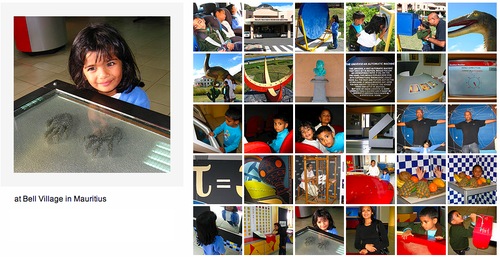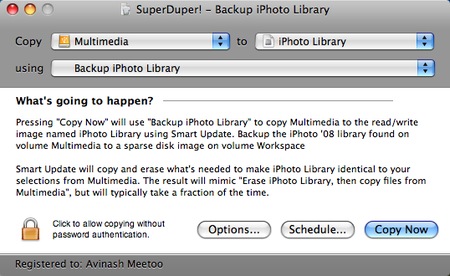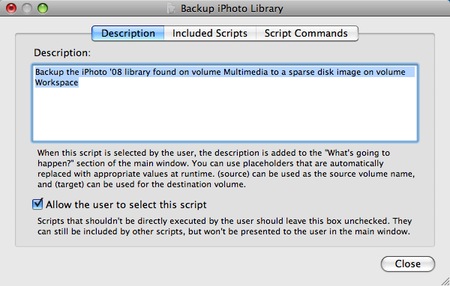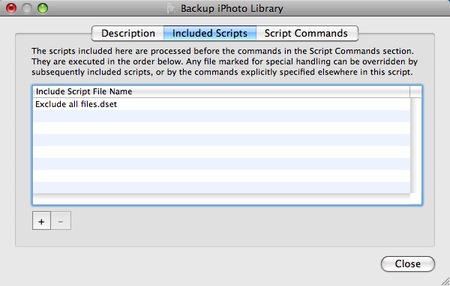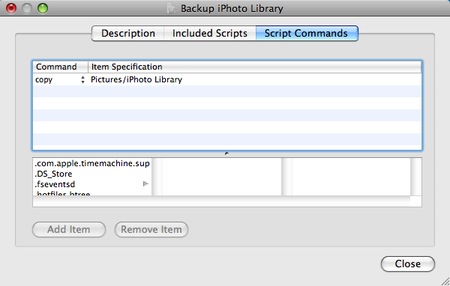 |
 |
 |
 |
 |
|
 |
 |
Â
Â
22 August 2008 Update II: Bruno Julie has earned a Bronze medal for all of us!
Bruno Julie lost on points against the Cuban. Even though I am completely ignorant of boxing techniques, I felt that Bruno Julie was tired at the end. The TV commentator suggested that the referee made a mistake but, frankly, I don’t have a clue…
The most important thing is that Bruno Julie is officially now the first ever Mauritian to earn a Bronze medal at the Olympics. It will be years (at least 4 more) before another Mauritian tries to equal this so this is a fantastic achievement. Congratulations to you, once more, Mr Bruno Julie!
My wife, my two kids and myself will be at the SSR International Airport to welcome Mr Bruno Julie to Mauritius! Who is coming?
Â
22 August 2008 Update I: Bruno Julie’s fight at 15:31 today!
Today, at 15:31, a lot of Mauritians will stop whatever they are doing and watch Bruno Julie’s fight against Yankiel Leon Alarcon of Cuba during the first semi-final of the 54Kg boxing competition at the 2008 Beijing Olypics.
Bruno Julie is already sure of winning a Bronze medal at least. And this is a first for our tiny country, Mauritius. I sincerely hope that Bruno Julie’s performance will make Mauritians realize the importance of preserving our unity and working towards the same goals and objectives. Allé Bruno! Allé Maurice!
18 August 2008 Update: The first ever Olympic medal for Mauritius!
Bruno Julie has won convincingly. Therefore, he is the first ever Mauritian to obtain an Olympic medal. He now is in the semi-final. Who knows what may happen next.
Thank you for giving us, fellow Mauritians, so much joy. And May The Force Be With You for the next fight!
18 August 2008: May The Force Be With You, Mr Bruno Julie!
Today is an historic day for our tiny country, Mauritius, as Bruno Julie, will fight in the men’s 54kg boxing quarterfinal in the Beijing 2008 Olympics at exactly 15:16. If he wins against Hector Manzanilla Rangel of Venezuela, he will be the first Mauritian ever to win an Olympic medal and he’ll be one of the few real heroes of our country.
Good luck, Mr Bruno Julie! May The Force Be With You!

